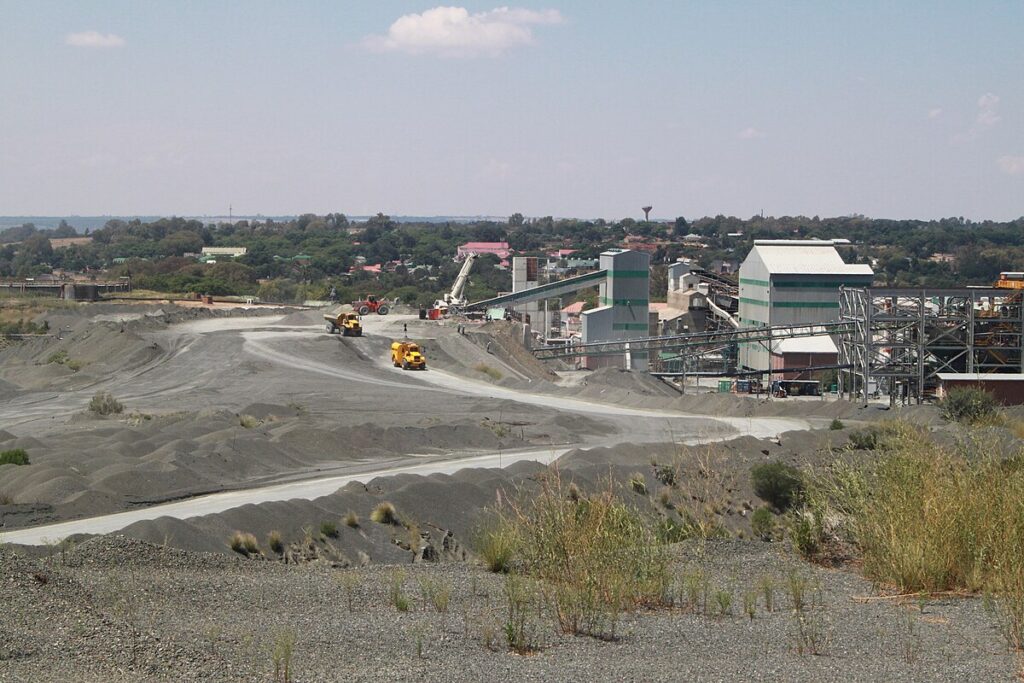South Africa’s political liberation in 1994 marked a historic victory for equality and human rights. However, true independence extends beyond casting ballots — it requires economic sovereignty.
While apartheid’s legal structures were dismantled, the country remains entangled in global economic systems that perpetuate inequality.
The mining sector tells a familiar story.
South Africa is one of the world’s leading producers of gold, platinum, and diamonds. Yet much of this wealth benefits multinational corporations headquartered abroad.
The country’s rich mineral deposits are extracted and exported as raw materials, only to be imported back as expensive finished products. This limits industrial development and keeps South Africa reliant on external markets.
Foreign direct investment (FDI) also comes with complications. While investment can drive development, many international companies prioritize profit over community welfare.
Tax avoidance by foreign firms deprives the government of crucial funds needed for infrastructure, education, and healthcare. This economic imbalance raises the question: who truly gains from these investments?
Trade agreements further highlight South Africa’s constrained position. While the country is a key player in regional trade blocs like the African Continental Free Trade Area (AfCFTA), global trade rules still favour wealthy nations.
South Africa’s agricultural exports, for instance, face strict tariffs and quotas in Western markets, limiting its competitive edge.
Culturally, globalization has reshaped South African society. While the country proudly celebrates its diverse heritage, foreign media dominance often overshadows local arts, films, and literature.
The global spread of Western consumer culture sometimes undermines South Africa’s indigenous traditions and languages.
Breaking these economic and cultural chains requires a strategic shift. South Africa must strengthen local industries, enforce fair trade policies, and promote cultural exports on the global stage.
Only by reclaiming its economic narrative can it secure the full promise of its hard-won political freedom.


